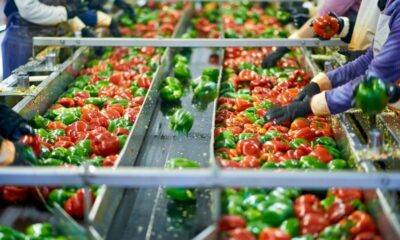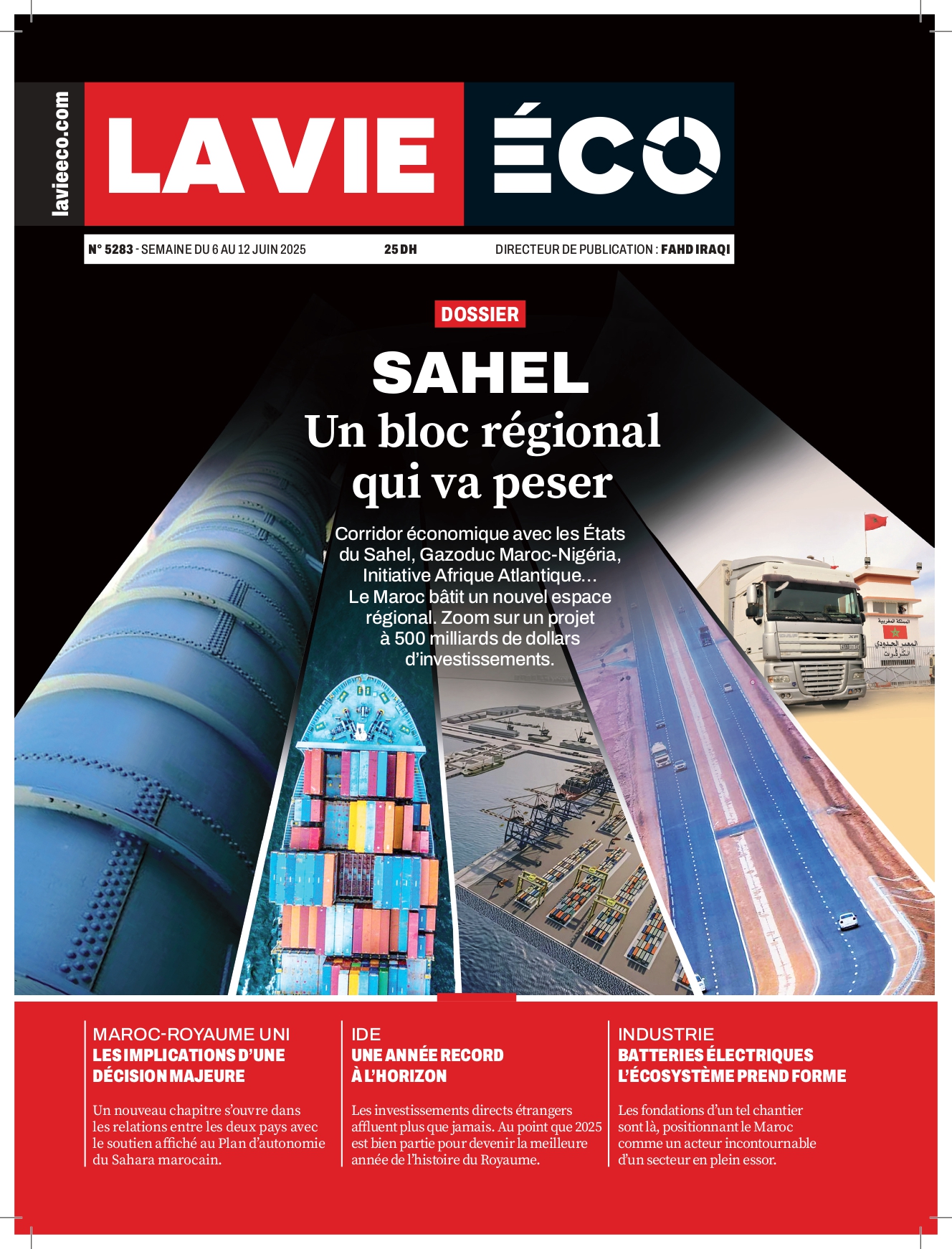Business
China Imposes Tariffs on Canadian Agricultural Exports Amid Trade Tensions

China has officially announced a 100% tariff on Canadian rapeseed oil, oil cakes, and peas, set to take effect on March 20. The new tariffs represent a significant financial impact, especially considering that Canada was the largest supplier of canola to China, with an export value of around CAD 2.7 billion (approximately USD 2 billion) in previous years. Additionally, a 25% tariff will be levied on aquatic products and pork from Canada, which will further strain Canadian exports.
This escalation in trade tensions comes in direct retaliation to Canada’s 100% import tariffs imposed on Chinese-made electric vehicles, which began on October 1 of the previous year. The Canadian government took these measures following pressures related to concerns over unfair competition, aligning itself with the United States and the European Union, which have also enacted similar tariffs on Chinese products. Furthermore, Canada’s imposition of a 25% tariff on steel and aluminum imports from China, effective October 15, has contributed to the rising tensions.
In the broader context of global trade, the recent actions signify a deepening trade war involving the U.S., China, Canada, and Mexico. U.S. tariffs on Chinese goods have exceeded USD 300 billion since the trade conflict began, while China has similarly retaliated with tariffs on U.S. imports. China’s customs authorities have denounced Canada’s unilateral tariff actions as a trade protectionist approach that undermines both countries’ economic and trade relations. The potential impact of these tariffs not only affects bilateral trade but also echoes throughout global markets, where uncertainty may lead to shifts in supply chains and export strategies.
As these trade disputes unfold, the values being affected are substantial, with estimates suggesting that the combined trade between Canada and China was around CAD 90 billion (roughly USD 67 billion) in recent years, showcasing the significance of these agricultural and industrial sectors in the larger economic relationship. The implications of these tariff decisions will likely resonate across multiple industries, with companies and governments alike closely monitoring developments as they occur.
Source: CNBC













